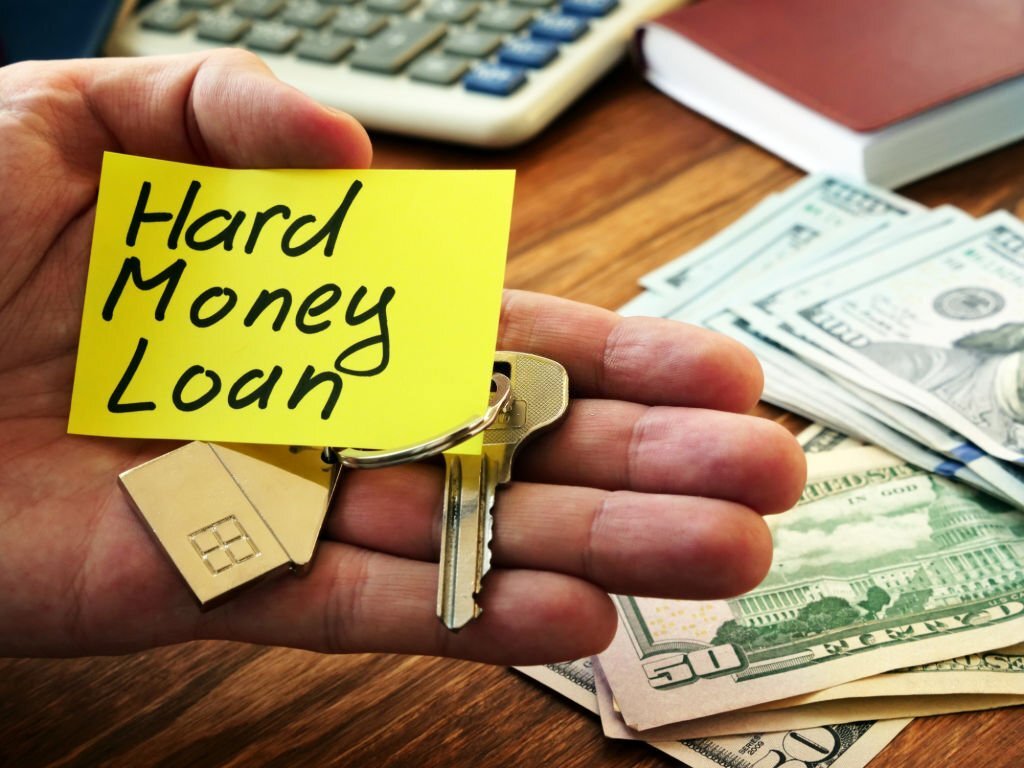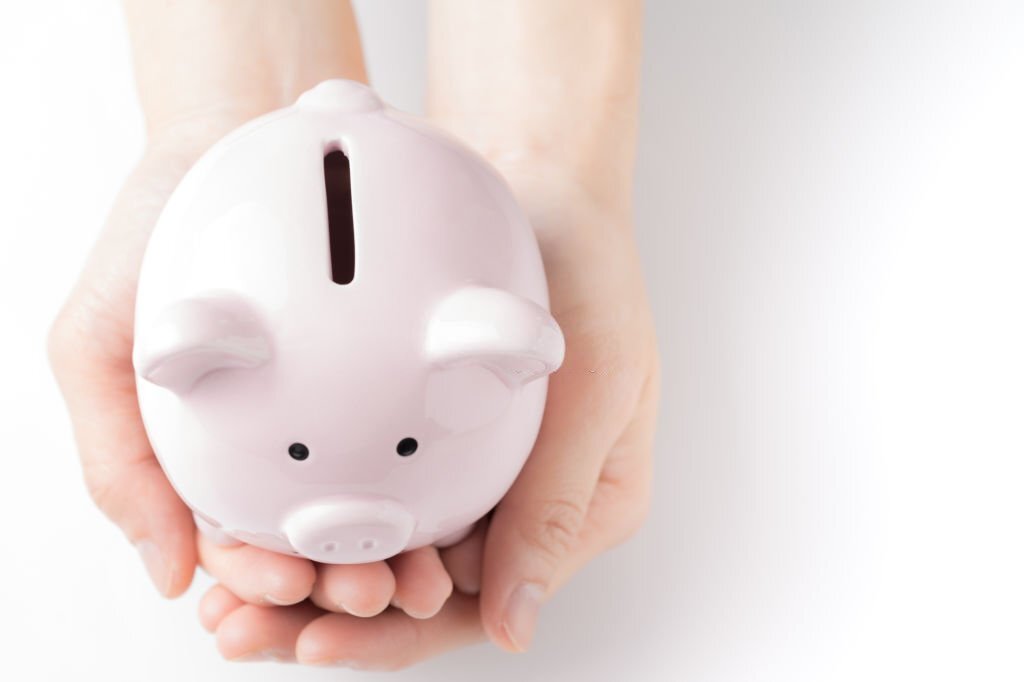Everyone gets into a situation where they may need more money than what they currently have, whether it’s for an emergency, an investment, or a big-ticket purchase. For these purposes, loans become necessary.
However, what kind of loan should you get? Do you get a cash bridge loan, a payday loan, or a personal loan? And what about hard money loans? When do those come in handy?
Well, wonder no more. Here’s everything you need to learn about lending hard money.
What this article covers:
- What Is a Hard Money Loan?
- Who Should Consider Hard Money Lending?
- Hard Money Vs. Soft Money Loans
- Benefits of Lending Hard Money
- Risks of Lending Hard Money
- Alternatives to Lending Hard Money
What Is a Hard Money Loan?
In a nutshell, a hard money loan is a short-term loan that uses a property or asset as collateral.
Typically, lending hard money is done by private lenders and companies, not banks. As such, these loans tend to have a higher cost than the average bank-issued loan.
Hard money loans are also short-term loans, as they rarely exceed the 3-year mark.

High loan costs, in addition to short loan terms, can be a recipe for disaster. That being said, most people don’t go for hardmoney loans. After all, why risk losing your property if there are safer loan options?
However, there may be times when a hard money loan would be your one and only option. When this happens, you need to weigh the risks against the benefits to decide whether the loan is worth it.
Who Should Consider Hard Money Lending?
Hard money loans are primarily geared towards home or property flippers—homeowners who renovate a property using the loan money to resell the property for a profit before the year is out. That being so, the borrower sees the loan as an investment.
It’s worth mentioning that the loan amount and conditions won’t be based on the client’s credit score. Rather, it’ll be based on the value of the property being used as collateral. So, the more valuable your property, the better your loan conditions.
So, if you’ve got bad credit but you have a valuable property to your name, a hard money loan can be a viable option for you.
Hard Money Vs. Soft Money Loans
In finance, both loans are asset-based forms of financing. However, whereas hard money loans are for short-term projects, soft money loans are for long-term ones.
Soft money loans can be sourced from banks and private lenders. Closing on the loans may take a long time.
You also need to have good credit and go through extensive paperwork to get the loan. Moreover, your asset must be in good condition in order to be used as collateral.
Though they may have many drawbacks, many individuals prefer soft money loans to hard money loans due to their lower interest.
Still, while the low interest is a huge plus, it doesn’t cancel out all the other flaws. So, when choosing between the two loan types, you should think about what benefits you more.

Benefits of Lending Hard Money
While lending hard money has its fair share of risks, it still offers plenty of benefits:
- Easy and fast approval, even to bad credit clients
- Quick access to funds may help delay foreclosure, bankruptcy, etc.
- Possibility of making a profit with the right business model
- Flexible repayment schedule
- Lenders aren’t as concerned with the loan repayments since they stand to gain more in case you default on the loan
Risks of Lending Hard Money
Hard money lending isn’t without its fair share of risks. So, here are a few that you should keep in mind:
- Lower loan-to-value ratio when compared to regular bank loans and mortgages (50%-75% vs. 80%)
- Higher interest rates
- Lender may not approve the loan if the property is occupied due to compliance rules and regulatory oversight
- Possible loss of property in case of defaulting on the loan
Alternatives to Lending Hard Money
It goes without saying that most people don’t have property to put as collateral for a loan. And even if they do, they may not want to risk their assets. So, how can you get the necessary funds if that’s the case? Here are a few alternatives that may work.

Before Pay Loans
Before pay loans, also known as early access to pay, give you some extra money before your paycheck arrives. A lender allows you to borrow up to 25% of your pay in advance, all in exchange for a 5% fee.
While most lenders won’t let you borrow more than $2,000 at a time, you can avail of this loan in every pay cycle. More importantly, you’ll have the funds in your account in one to two days max.
No Paperwork Loans
No paperwork loans are a type of payday loan that don’t require any physical documents or papers for application. By filling up an online application and sending in a digital copy of the necessary documents, you can get a $300-$5,000 loan in just an hour.
You don’t need to offer security or collateral to get the loan. All you need to do is make your loan payments on time before the specified loan term is up.
Buy Now Pay Later No Credit Check Loans
A buy-now-pay-later loan (BNPL) is a short-term loan that allows you to buy items and pay for them later over time. The best thing about BNPL no-credit-check loans is that they usually have no interest, though some lenders may charge a very low interest. Still, it’s nothing compared to a credit card or personal loan interest rates.
To get a BNPL, you only need to make an up-front payment—no credit checks and no rejections.
No-Interest Loan
As the name suggests, this loan has no interest, fees, or hidden charges. There are no credit checks, which means that anyone can apply for this loan regardless of their creditworthiness. .
This is made possible by the “No Interest Loans Scheme” in Australia. Through this, you can borrow up to $1500, and all you need to do is pay back what you borrowed over 12-18 months.

However, there are a few conditions for the loan. First off, the loan needs to be used for essential purposes, such as household items, educational materials, medical/dental services, and car repairs.
Secondly, you need to have a Health Care Card, a Pensioner Concession Card, or make an income of $45,000 per year after tax. If you don’t meet any of these conditions, you won’t be able to get a no-interest loan.
Centrelink Advance Payment
The Human Services Department in Australia allows Centrelink recipients to receive emergency cash loans known as advance payments.
As long as you’re receiving any Centrelink government assistance—pension, widow’s allowance, student allowance, and the link—you are eligible for this loan.
This type of loan doesn’t come with any fees, interest rates, or credit checks. However, its major flaw is that it cuts your income for the coming weeks or months. This may leave you in a hard spot, not being able to pay for your essentials like groceries, rent and utilities, among others.
Conclusion
Lending hard money is a financing method utilized by private lenders and financial establishments. In exchange for putting up a property as collateral, a loan provider will provide you with a high-interest loan with a one to three-year loan term.
If you happen to default on the loan, the lender will seize your property and sell it to make up for the lost money. However, if you manage to repay the loan on time, your property will stay safe and sound.
Was the guide helpful? Check out these extra resources to delve deeper:
- All You Need to Know About Loans for Students in Australia
- How to Get Loans for Self-Employed
- How to Get Second-Chance Loans in Australia
- Travellers Loan: How They Work and Where to Get the Best Deals
- Breaking Down Loans for 18 Year Olds: Your Ultimate Guide
- I Need a Loan: Different Types of Loans You Can Choose!
- All About a $10,000 Loan in Australia
- Everything You Need to Know About $5,000 Loans
- How Can You Get Loans for 2000?
- All You Need to Know About Loan 3000
- 4k Loans
- 50000 Loans: Everything You Need to Know!
- A Hassle-Free Guide to Getting Guarantor Loans
- Secure a Loan with a Guarantor, No Credit Check
- Everything to Know About Guaranteed Instant Approval Cash Loans
